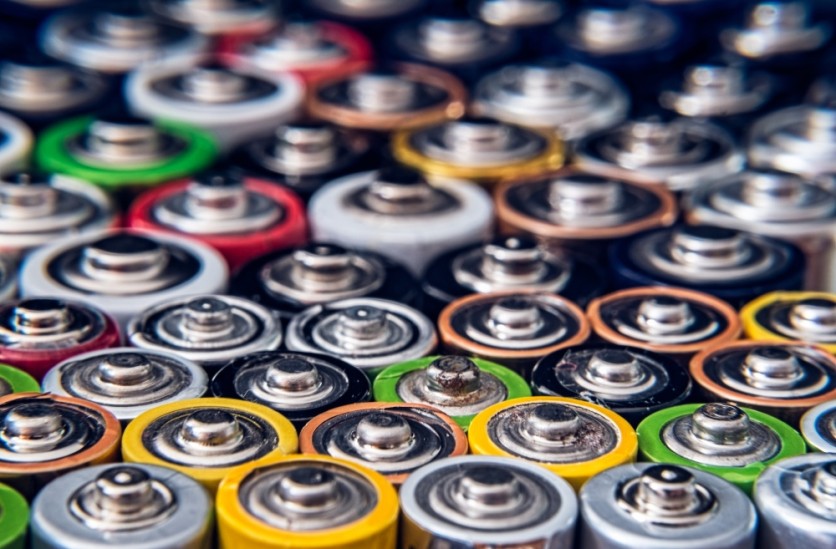Researchers at the University of Tokyo have unveiled a groundbreaking prototype of a cobalt-free lithium-ion battery that promises to revolutionize the electric vehicle industry.
This innovation is a significant step toward addressing the environmental and ethical concerns surrounding cobalt mining while significantly enhancing energy storage capabilities.
Conventional lithium-ion batteries (LIBs) typically contain cobalt, nickel, and manganese, with cobalt playing a central role in their chemistry.
As cobalt supply concerns mount, not to mention the ethical and environmental issues associated with its extraction, scientists have been tirelessly researching alternatives.
One notable alternative, Lithium Iron Phosphate (LFP) batteries, has emerged as a cost-effective, cobalt-free option, boasting a 30% cost reduction compared to standard lithium-ion batteries.
However, the quest for an even more efficient and sustainable solution has led to the University of Tokyo's groundbreaking work.

A New Formula for Success
Nikkei Asia first reports that the research team at the University of Tokyo has taken a different route to cobalt-free batteries. They have developed a unique battery with electrodes that combine lithium, nickel, manganese, silicon, and oxygen.
This intricate blend results in higher voltage capabilities, promising a considerable energy boost compared to traditional lithium-ion batteries containing cobalt.
Yet, there has been a persistent challenge in developing batteries with such components - they tend to break down over time, making them unsuitable for long-term use. In a remarkable breakthrough, the researchers have overcome this obstacle by introducing a newly formulated electrolyte.
This revolutionary electrolyte, 3.4 M LiFSI/FEMC, with a shifted potential, is pivotal in creating robust passivation layers on the anode. It also ensures the stability of the electrolyte against reductive and oxidative degradations.
The outcome is a small coin battery prototype that retains an impressive 80% of its storage capacity after a staggering 1,000 charge and discharge cycles.
Read Also : Joe Biden's Hydrogen Hubs Still Rely on Fossil Fuels-The Primary Culprit Behind Climate Change, Expert Says
Game-Changing Implications
The implications of this breakthrough are profound. Not only does the University of Tokyo's cobalt-free lithium-ion battery promise a more sustainable and ethical alternative to traditional batteries, but it also boasts approximately 60% higher energy density than the widely used Lithium Iron Phosphate batteries.
This increased energy storage capacity means longer-lasting, more powerful batteries for electric vehicles, smartphones, and other applications.
Professor Atsuo Yamada of the University of Tokyo's research team expressed enthusiasm about the technology's future prospects, stating, "We will consider ways to collaborate with companies interested in commercializing the technology, including through licensing."
Furthermore, the scalability of this innovation is a significant advantage, as existing production equipment can be utilized to manufacture these advanced batteries.
This development aligns with the broader global effort to transition toward cleaner, more sustainable energy solutions, especially in the electric vehicle industry, where cobalt's environmental and ethical concerns have loomed large.
Stay posted here at Tech Times.
Related Article : Driving the Future: Venkata Kosuru's Trailblazing Innovations in Automotive Electrical Engineering





